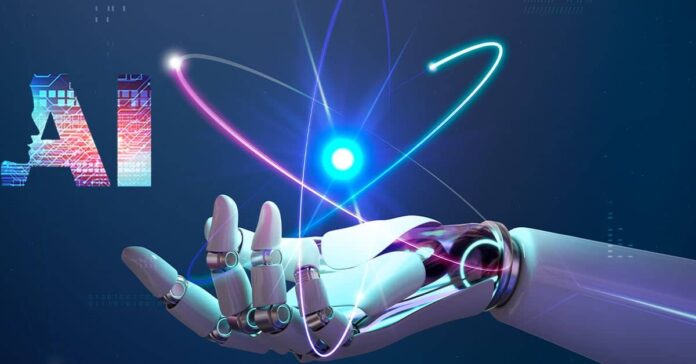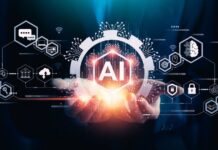Artificial Intelligence (AI) development has rapidly become a cornerstone in technological advancements across various sectors. As businesses and organizations integrate AI into their operations, the demand for skilled professionals continues to soar. This article explores the burgeoning field of AI development, highlighting the career opportunities it presents, the challenges faced by developers, and the pathways one can take to forge a successful career in this dynamic and impactful field.
Table of contents
1. Opportunities in AI Development
AI development offers a wealth of opportunities across several industries including healthcare, finance, automotive, and technology. Key roles in this sector include:
- AI Software Developer: Responsible for designing and programming AI software.
- Data Scientist: Specializes in analyzing and interpreting complex digital data to assist in decision-making.
- Machine Learning Engineer: Focuses on creating algorithms and predictive models.
- AI Research Scientist: Engages in the theoretical underpinnings of AI and develops new methods of approaching AI development.
The proliferation of AI technologies such as machine learning, natural language processing, and robotics ensures that skilled professionals can find opportunities in both startups and established companies. Moreover, the public sector offers roles in enhancing civic engagement, public policy, and governance through AI technologies.
2. Challenges in AI Development
Despite its allure, a career in AI development comes with its own set of challenges:
- Keeping Up with Rapid Technological Changes: The field of AI is continuously evolving, requiring professionals to stay current with the latest programming languages, tools, and technological advancements.
- Ethical and Societal Implications: AI developers must navigate complex ethical considerations, such as privacy concerns and the potential for bias in AI algorithms.
- High Skill and Education Requirements: Entering this field typically requires advanced knowledge in computer science, mathematics, and statistics, often necessitating extensive education and training.
3. Educational Pathways
Aspiring AI professionals typically begin with a strong foundation in mathematics and computer science. Educational pathways include:
- Bachelor’s Degree: A degree in computer science, data science, or related fields, often supplemented with specialized courses in AI and machine learning.
- Master’s Degree and PhD: Higher degrees in AI-specific fields are increasingly common and often preferred for more advanced roles in research and development.
- Certifications and Online Courses: Many institutions and platforms offer courses and certifications in AI, machine learning, and data science certification that can supplement formal education or provide continuing education opportunities
4. Developing Necessary Skills
Beyond formal education, successful AI developers often possess a mix of technical and soft skills:
- Programming Languages: Proficiency in Python, R, Java, and C++ is often essential.
- Statistical Analysis and Mathematical Skills: Strong capabilities in these areas allow developers to create complex algorithms and data models.
- Problem-solving Skills: Being able to think critically and creatively to solve complex problems is crucial.
- Communication Skills: Effectively communicating complex AI concepts to non-experts is vital for collaboration and implementation.
5. Getting Started in AI Development
For those looking to enter the field, practical experience is key. This can be gained through:
- Internships: Provides hands-on experience and networking opportunities.
- Personal Projects and Competitions: Engaging in personal projects or participating in competitions like Kaggle can demonstrate competence and ambition.
- Networking: Attending industry conferences and joining professional organizations can provide valuable connections and insights.
Conclusion
AI development is not just a career but a journey into shaping the future of technology. With the right education, skills, and determination, one can navigate this evolving landscape to not only succeed professionally but also make a significant impact on society and industry.











